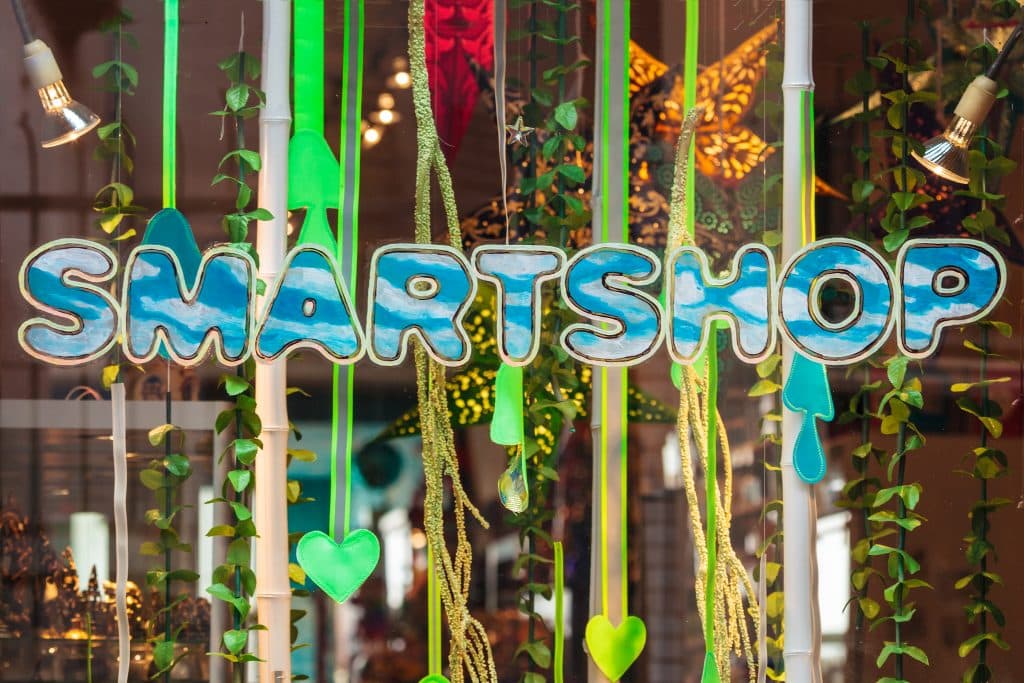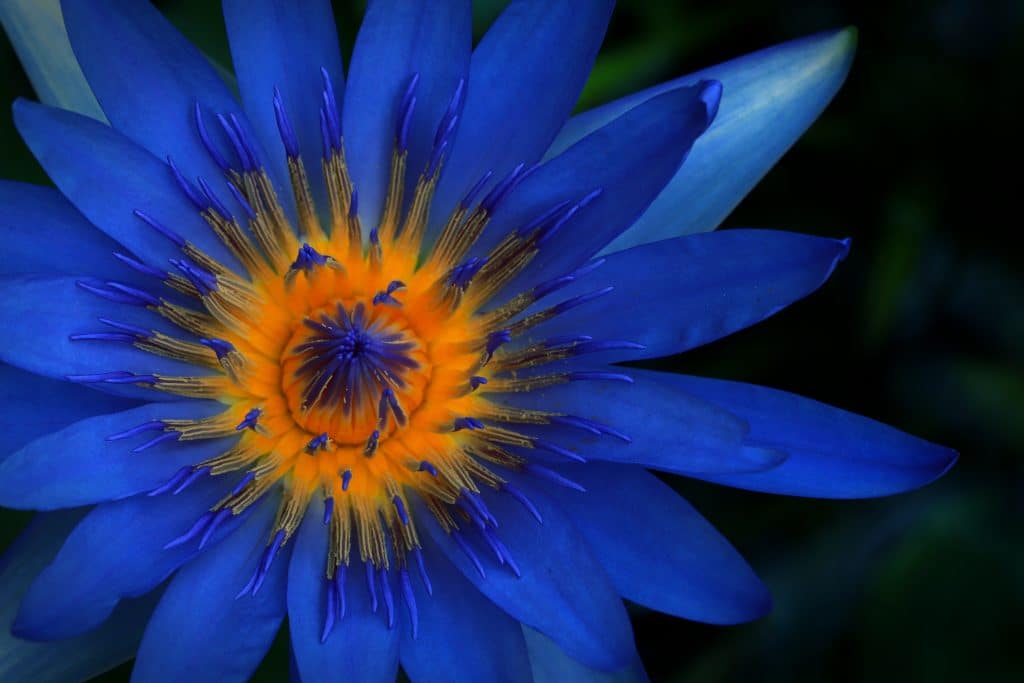When hearing the word “smartshops’, what likely comes to mind are the psychedelic retail stores dotting the streets of Amsterdam’s red light district. Although they are still most prevalent in the Netherlands, we’re seeing these smartshops begin to take hold in the Americas as well – so far, the United States and Jamaica.
To stay current on everything important happening in the industry, subscribe to The THC Weekly Newsletter. Also, it’ll get you premium access to deals on cannabis flowers, vapes, edibles, and much more! We’ve also got standout offers on cannabinoids, like HHC-O, Delta 8, Delta 9 THC, Delta-10 THC, THCO, THCV, THCP & HHC, which won’t kill your bank account. Head over to our “Best-of” lists to get these deals, and remember to enjoy responsibly!
Legality of Psychedelics in the US
The federal laws regarding psychedelics are pretty cut and dry: they’re mostly illegal. So far there is only one exception – ketamine/esketamine – two different versions of essentially the same drug (esketamine is an isomer of ketamine) that have received FDA approval for various, regulated medical uses. Other psychedelics, even those that are undergoing clinical trials like LSD, MDMA, and psilocybin, are all still on the list of Schedule 1 Controlled Substances.
Like cannabis, psychedelic drugs were not always illegal in the United States. Throughout the 1940s and 50s they were studied somewhat extensively for their ability to treat mental health disorders that were proving resistant to standard pharmaceutical medications. Eventually, when the FDA banned entheogens, the research came to a screeching halt and patients were once again barred from these innovative treatments.
However, in recent years there has been a renewed public interest in the use of psychedelics in psychotherapy. Both MDMA and psilocybin have received ‘breakthrough therapy’ designations by the FDA for PTSD and severe depression respectively, for which both are undergoing trials. This means a US federal government agency is pushing for the research and development of compounds with Schedule I listings. And this indicates that laws could be changing very soon.
What is a Smart Shop?
Smart shops (or smartshops) are retail stores established solely for the sale of psychoactive substances as well as related paraphernalia and informative literature. Not to be confused with headshops, which only sell drug-related paraphernalia.

More specifically, smartshops are known for selling whatever legal drugs they can that fall under the categories of psychedelics, dissociatives, entactogens, and deliriants. This can include Salvia divinorum, Amanita muscaria, Peyote, San Pedro cactus, Tabernanthe iboga, and various ingredients for Ayahuasca preparations – dependent on local regulations. As of 1 December 2008, magic mushrooms are under stricter control in the Netherlands, but magic truffles are still legal.
The name comes from “smart drugs” which a nickname given to classes of drugs and supplements that are said to enhance cognitive ability and creative thought. Up until now, smartshops were found almost exclusively in Europe, and mainly in the Netherlands. However, in recent years we’ve been seeing more of them popping up in the Americas.
In addition to actual drugs, smart shops also sell many products that are known as “complement goods” to psychoactive substances. This can include literature to educate consumers on various products, paraphernalia, and numerous different items that can help mitigate the risk of harm associated with illegal drug use. For instance, reagent kits have become increasingly popular as a way to test ecstasy pills for purity, since these days they can be cut with pretty much anything and often contain little to no MDMA at all.
Additionally, you can find a slew of vitamins, supplements, and amino acids that can reduce physical damage caused by certain drugs. Tryptophan and 5-hydroxy-tryptophan are commonly found in Amsterdam smart shops, and it can help replenish levels of serotonin that diminish in the brain after using MDMA. Another example is Vitamin B12, which can be found in many pharmacies anyway, but is readily available in smart shops as it can be helpful after recreational use of nitrous oxide.
Professor Seagull’s Smartshop in California
On Grant Avenue, in the North Beach area of San Francisco, an Amsterdam-style smart shop just opened its doors earlier this year. At Professor Seagull’s Smartshop, curious customers can find an array of quasi-regulated psychedelic plant products (or “nootropics”), hangover cures, and other herbal remedies.
This shop, which also doubles as a psychedelic art gallery, is dedicated to procuring some of the lesser known psychoactive plants from across the globe. Although there are other stores selling herbal supplements such as kratom, owner Benjamin Manton says his store is different since the focus is “solely on the use of plants and products with mind-altering properties.”
The following is a list of products you can find at Professor Seagull’s Smartshop, and others like it:
- San Pedro and Peruvian Torch cactus (both contain mescaline)
- Egyptian Blue Lotus (said to have MDMA-like effects at high doses)
- Salvia Leaf (contains opioid-like compounds that can produce hallucinations and synesthesia)
- Banisteriopsis Caapi (used to make ayahuasca, paired with Chacruna Leaf)
- Chacruna Leaf (AKA Psychotria viridis, contains DMT, used to make ayahuasca)
- Hape Ritual Snuff (sacred shamanic tobacco snuff)
- Kratom (used as a natural pain reliever and stimulant)
- Kanna (contains mildly psychoactive alkaloids)
- Hawaiian Baby Woodrose (AKA Elephant Creeper, seeds contain LSA [d-lysergic acid amide]),
- Mimosa Hostilis Bark (contains DMT)
- Damiana (mildly psychoactive, relaxing and helps with sleep)
- Mexican dream herb (Calea zacatechichi, said to induce lucid dreaming)

Matton went on to explain that the goal of Professor Seagull’s Smartshop is to “serve as a safe, reliable access point to psychedelic plants and also as a harm reduction institution.” They cater to “artists, self explorers and group practitioners.”
Global Expansion
Not only are smart shops making their way to the states, but other parts of the Americas as well. According to a soft announcement from publicly traded psychedelics company Silo Wellness, they plan to partner with magic mushroom company Mushe to create “functional, psychedelic mushroom retail outlets” throughout Jamaica.
As stated in the agreement, the companies will build and operate (jointly) smartshops that will offer a nice variety of psilocybin-infused products such as tinctures, capsules, edibles, topicals, and soon, a nasal spray that is currently in the works. Silo already cultivates magic mushrooms in Jamaica, and will be supplying all the products for the new retail stores.
Douglas K. Gordon, CEO of Silo Wellness mentioned that both companies are “very bullish about the high-potential functional mushroom category and the psychedelics sector as a whole.” And he added, “We continue to invest in and expand our operations in Jamaica, the only country where the cultivation, extraction and sale of psilocybin mushrooms is permissible.”
According to Gordon, Silo Wellness is a “first mover” in the psychedelics industry as far as companies with upward momentum. They claim to have a “robust portfolio including psilocybin mushroom cultivation, psychedelic-enhanced wellness retreats, functional mushroom products and a pipeline of additional products under development.” Based on that, Gordon stated that “expanding into retail operations seemed like a natural next step.”
Final Thoughts on Smartshops in the United States
Don’t expect to see psychedelic smartshops in your hometown just yet, but a handful of the more liberal cities in the United States are beginning to allow them within their borders. So far, we know of Professor Seagull’s in San Francisco, as well as a blossoming mushroom tourism industry in Jamaica. I would expect that the next states to open smartshops will likely be Michigan and Oregon, but since the products being sold are federally legal, it’s actually possible for a smartshop to open anywhere in the U.S. – so keep your eyes peeled, and if you know of any that aren’t mentioned here, drop us a line in the comment section, we’d love to hear about it!
Welcome all! Thanks for dropping by Cannadelics.com, a top offering for comprehensive news covering the burgeoning cannabis and psychedelics industries. Stop by daily for a dose of news on these dynamically changing fields, and sign up for The Cannadelics Weekly Newsletter, so you’re up on everything important going on.







